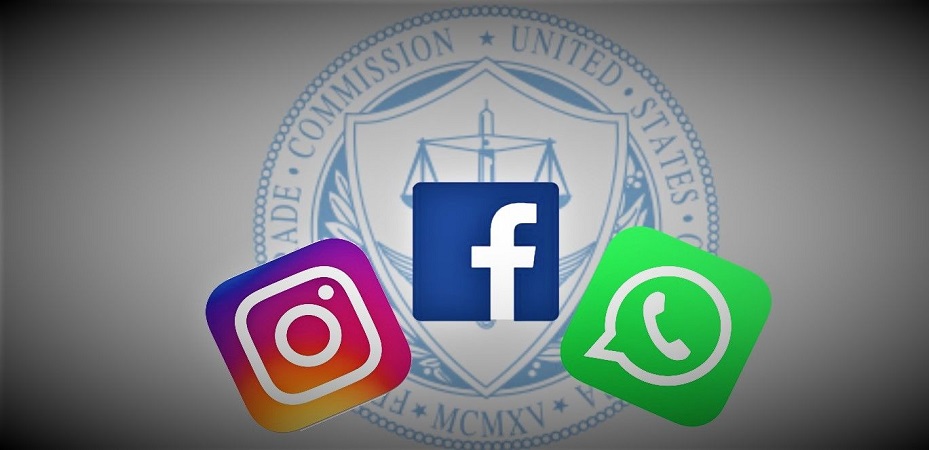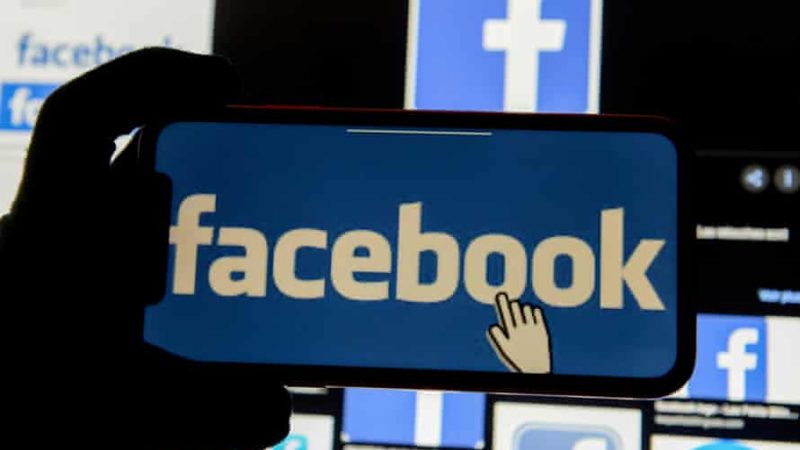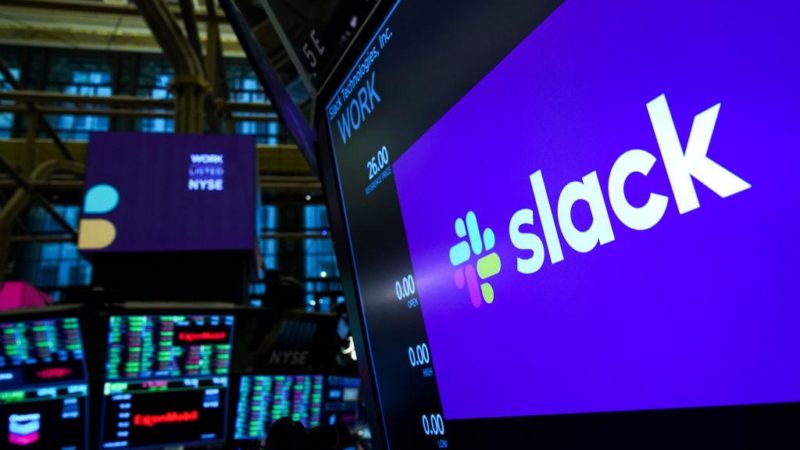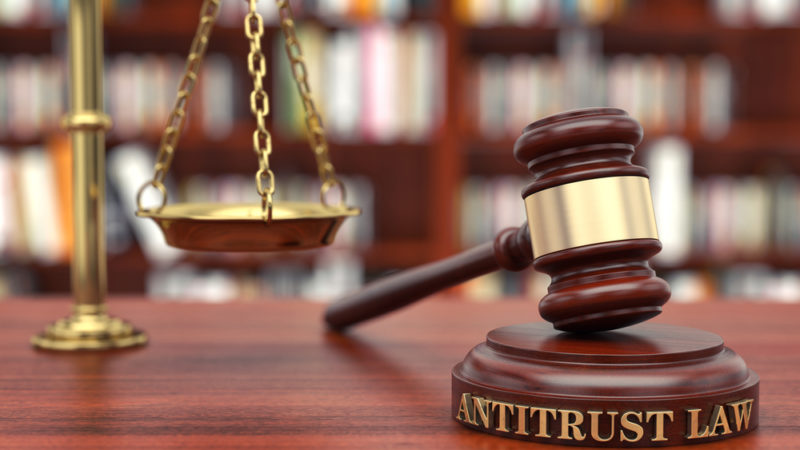Without Facebook, Instagram will thrive even more

The FTC case is imminent; Instagram has the chance to get away from Facebook’s issues.
The Federal Trade Commission collaborated with 48 state attorneys general on Wednesday afternoon to request for a WhatApp and Instagram divestiture that the court ordered. As a result, it forced Facebook to undo the two acquisitions and restore them into independent firms.
For regulators, achieving this will take a long time; however, for the first time, this possibility is a factor that Facebook cannot ignore. For people who use Instragram, it triggers an interesting and intriguing question; how would Instagram fare without Facebook?
The years after the acquisition in 2012, enable Instagram to reap great profits from its association with Facebook. It attained significant scale and became independent, where generating profits is concerned.
Today, support from Facebook is paramount to Instagram’s powerful product development sequence and low-profile maneuver of content moderation issues. In case regulators become a success, Instagram will need to create most of it from the word go.
Also, in the same way, there is cause to believe that Instagram would be more successful without Facebook’s issues. It may flourish outside the Menlo Par bubble; Facebook’s name and association may signify an interaction with a platform’s disorganized scenario and a terrible experience in branding.
The longer that Instagram remains a part of the Facebook family, it increases the risk of user’s blame due to its parent firm’s activities. If Instagram does not face this issue it may concentrate on what earned it fame as an app, to begin with.
Instagram can separate from Facebook
Two days after the announcement of the cases, Facebook has not yet created a total defense against the antitrust cases. However, in a blog the previous day, the firm’s general counsel presented a basic outline of its case. The company argued that a spinoff would be unrealistic and unjust.
‘No antitrust enforcer in America has ever presented a similar case before this, and there is a valid reason for this,’ wrote Jennifer Newstead, the general counsel.
‘The states and FTC did not react for many years as Facebook invested millions of hours and billions of dollars to make WhatsApp and Instagram apps that users can currently enjoy.’
However, setting a conglomerate aside is not as challenging as Newstead implies. Firms always take this action when they notice that there is profit here. It may be the 2017 Hewlett Packard’s spinoff of its enterprise business or the Match Group spinoff at the beginning of this year.
Obviously, if the state approves it, it’s different; however, even that presents a relatively new precedent in the ’80s Bell breakup. Following corporate integration spanning eight years, an Instagram spinoff would be challenging. In 2012, Facebook bought Instagram for $1billion At the time, it was a quarter period for the two firms and from that time, Facebook has tried to totally combine the two apps.
From the beginning, it enhanced Instagram’s visibility by tagging pictures posted from Instagram to Facebook using a link to the app. It encouraged individuals to follow their Facebook pals on Instagram.
‘It was easier to buy Instagram compared to setting up; the reason is that after a network starts operating, joining a smaller one is not reasonable.’ Sarah Frier, the author of ’No Filter: The Inside Story of Instagram,’ wrote this. ‘It turns into a section of society’s infrastructure.’
Facebook has applied pressure to combine the two apps.
Additionally, Facebook also gave the firm financial backing and to assist it to generate income, it shared its ad technology. Before the acquisition, Instagram did not do this.
However, although in the end Facebook stopped its marketing support, its network impacts were already established. Today, Instagram has 1 billion users and ads everywhere. In crucial aspects, Facebook has already attained its goal. If Instagram broke away now, those important alterations would not change.
The other associations with Facebook appear to favor Facebook more than Instagram. In the last few years, Facebook has put in more effort to connect the two apps, enabling users to share their content between Instagram and Facebook.
Today, Facebook Messenger is accessible through Instagram. It combines the platform, making it one joint messaging system. But, for people who use Instagram, those combinations mainly work to increase Facebook’s accessibility.
The strong associations are said to have pressured Mike Krieger and Kevin System, Instagram’s co-founders to resign. The two executives left after Facebook was said to have withdrawn its development support and tested latest designs and features; in the meantime, System was unavailable.
The Messenger combination presents the most obvious area where users are hurt. Individuals on Facebook cannot send a message to their Instagram friends and vice versa. However, this feature is moderately new and just occasionally noticeable to users.
Before today, users appeared to be okay with siloing off off their friends in the respective platforms. Therefore, it is difficult to argue that it would be agonizing to restore the silos.
Facebook combined Instagram and Messenger at the beginning of this year.
The major query is whether Instagram could continue operations without funding from Facebook. We do not have any formal information about Instagram’s finances; therefore, it is not officially clear to us that the platform can independently make profits.
At the beginning of this year however, a publication from Bloomberg stated that in 2019, Instagram made over a quarter of Facebook’s income or around $20 billion from promotions.
It is not surprising that this is crucial; many social rivals such as Snap, operate alone. We are unaware of Instagram’s independent operating fees. However, $20 billion advertising income means that it is easy to imagine that the team will continue reaping profits and still manufacture new products.
Commerce business is one sector that Instagram might experience challenges if Instagram separated from Facebook. This area is one where the Facebook setup may assist Instagram; it is also an area where the firm would need to invest. Currently, Facebook Pay enables Instagram users to purchase items straight from the platform.
Facebook does not yet license Facebook Pay out to third party apps. Therefore, Instagram would need to go on associating with PayPal; here, it already uses it to process payment or create its payment technology to motivate individuals to go on purchasing from the app.
Today, Instagram is not generating income from transactions. This year selling costs have been canceled. However, shopping income would turn out to be crucial to developing Instagram’s business. However, currently, Instagram’s embarkment on commerce is stable and will possibly go on without assistance from Facebook.
Without a doubt, the reason shops and advertisers want to purchase Instagram space is that it is able to use ads and items that are most appealing to target users. Most of this information is generated via Facebook; it would be a huge loss for Instagram and Facebook to decrease the information that the two platforms have about their users. Instagram may not manage to charge a lot of cash for ads without specific targeting. However, it still has a significant user base, which may be the brands’ target.
Instagram may lose precious information without Facebook.
Instagram’s major loss if it got separated is moderation investments from Facebook. Facebook has made many blunders; however, it has invested a significant amount, where moderation policy and implementation is concerned. For instance, its unexpected Oversight Board and the tiny army of international moderators engaged in the last few years. Facebook has admitted it is guilty of many of the disappointments. However, this response has benefited Instagram, enabling it to establish pre-made policy and stop displaying content after the bigger platform flags it.
Following a spinoff, Instagram would need to create its mechanism from scratch. It is a major challenge even for thriving platforms. However, regardless of that major problem, Facebook ownership appears to be a liability rather than an asset. The mess that this platform created triggered influenced elections, local genocide and polarized the globe.
Surprisingly, Instagram has kept off from much of this blowback, even though false information and conspiracy theories still flourish on the platform. It does not have a recommendation or groups and does not give users fake news stories. But, it helps it to avoid Facebook’s major issues. If Instagram goes its own way it may eliminate problems from Facebook completely.
For most people, Instagram has turned into a must-have app. At times, they use it instead of Facebook. Using Facebook’s suggestions, the app has increased its features and the formats. It is more than a photo app. However, for users who depend on Instagram to market their business or get new audiences, they may prefer that Facebook did not have anything to do with the app.
Instagram may exist independently, not affected by Facebooks’s issues and once again turn into an independent online space where individuals can interact with their loved ones and access things they like.


